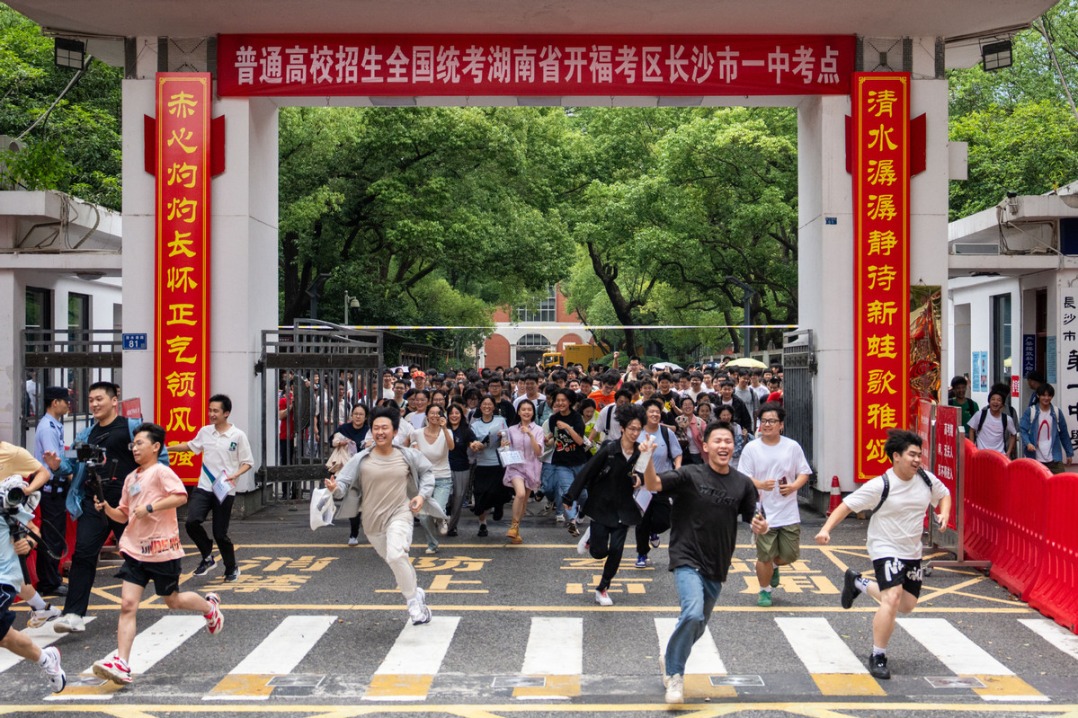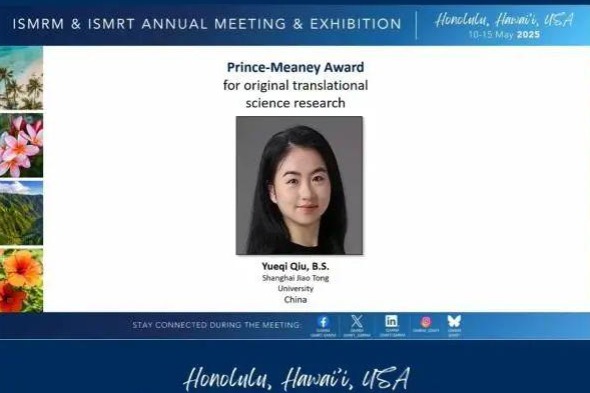Chinese scientists pioneer efficient paraxylene production from CO2

HEFEI -- Chinese scientists have developed a method to synthesize paraxylene, a key chemical feedstock, directly from carbon dioxide (CO2) and hydrogen (H2) using a novel catalyst, achieving a world-record efficiency.
Paraxylene is a vital raw material for producing polyester fibers and other chemical products, with China's annual demand exceeding 30 million tonnes. Current industrial production primarily relies on catalytic reforming of heavy oil, consuming approximately 4 tonnes of petroleum and emitting about 3 tonnes of CO2 per tonne of paraxylene produced.
Professor Zeng Jie's team from Anhui University of Technology, in collaboration with researchers from the University of Toyama, Japan, has created a novel composite catalyst.
This catalyst enables the direct synthesis of paraxylene from CO2 and H2 via a multi-step tandem catalytic process, setting a new world record for single-pass space-time yield.
The researchers indicated that this composite catalyst design concept holds promise for extensions to other CO2 hydrogenation reaction systems, potentially enabling the "tailored synthesis" of high-value products with specific carbon chain lengths and molecular sizes.
The findings were published Tuesday (Beijing time) in the Journal of the American Chemical Society.
- Cultural creations made by Chinese women with disabilities showcased at UN headquarters
- China-Europe conference advances vocational education, AI talent
- China completes 75% of summer wheat harvest
- China and South Africa strengthen defense ties at 10th meeting
- China-ASEAN trade grows 9.1%, boosting Guangxi's role
- 5.8-magnitude quake hits waters off Taiwan: CENC





































